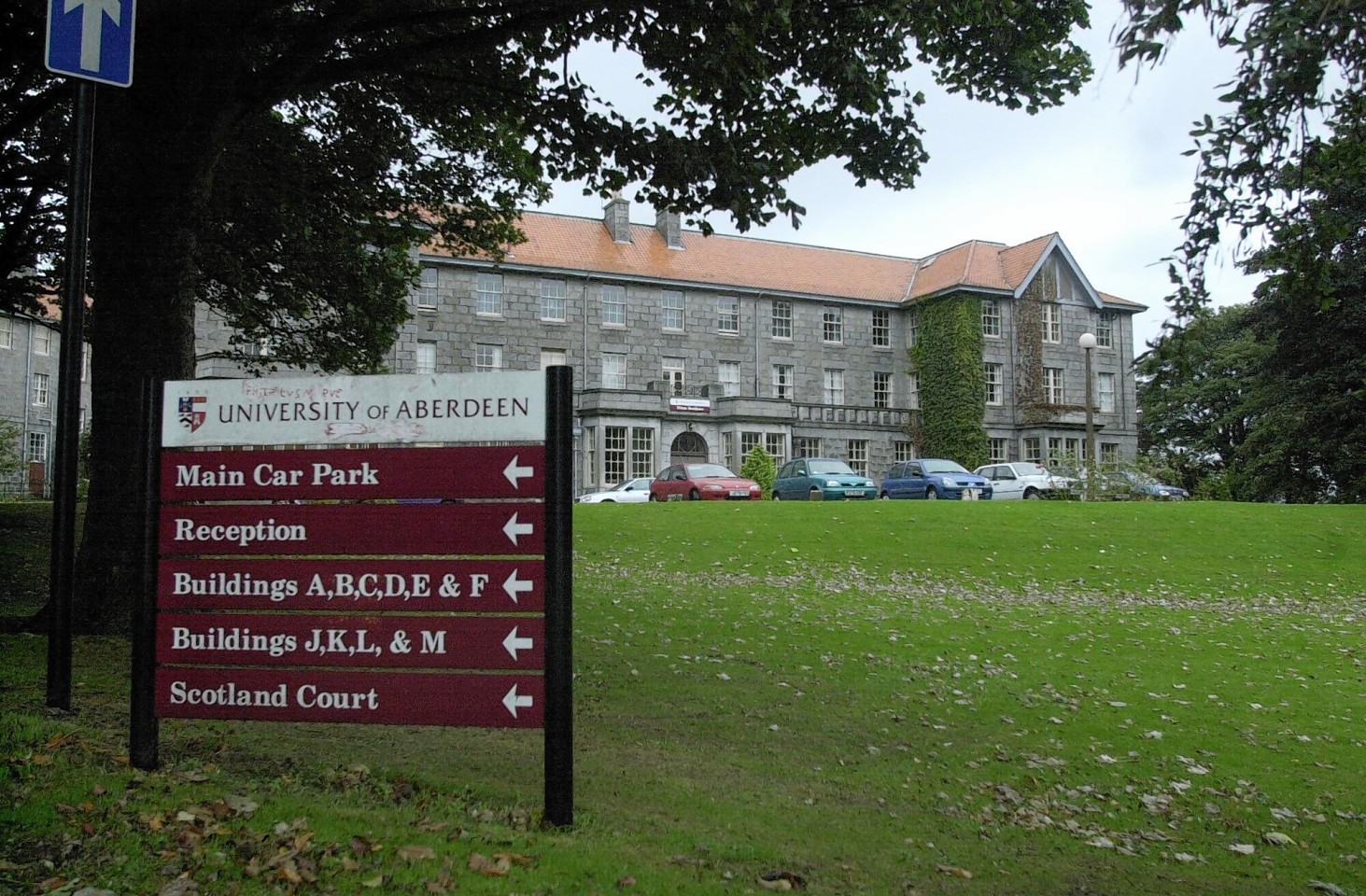A pioneering study has highlighted previously unknown struggles faced by Multiple Sclerosis (MS) patients.
The disease is known primarily as one which affects the body’s movement, but new research indicates that MS sufferers also struggle to control their emotions.
The programme was spearheaded by the Aberdeen University’s School of Psychology professor, Louise Phillips.
Professor Phillips said: “We are interested in how MS contributes to difficulties in understanding and controlling your own emotions – known as emotion regulation.
“We already know that there are high levels of depression in MS and that MS affects brain networks that are potentially involved in emotion regulation.”
The new information was gathered using a series of tests which revealed that people with MS were less able to regulate their emotions than those without the condition.
Researchers asked MS patients to complete questionnaires about their ability to cope with their emotions, how they generally felt and how often they socialise.
At the moment the illness is managed by treatments which focus on the motor difficulties it creates, but the study could result in future medication to improve emotional regulation.
Prof Phillips added: “We found that those with MS and poor emotion regulation also scored lower on quality of life and social interaction measures.
“The findings of this study suggest that additional treatments that focus on emotion difficulties, such as cognitive behavioural therapy, should be considered as part of the MS management programme.
“In doing so, this may help improve the quality of life of some people with MS.”
MS currently affects about 100,000 people in the UK and Scotland has one of the highest incidences of the disease in the world.










